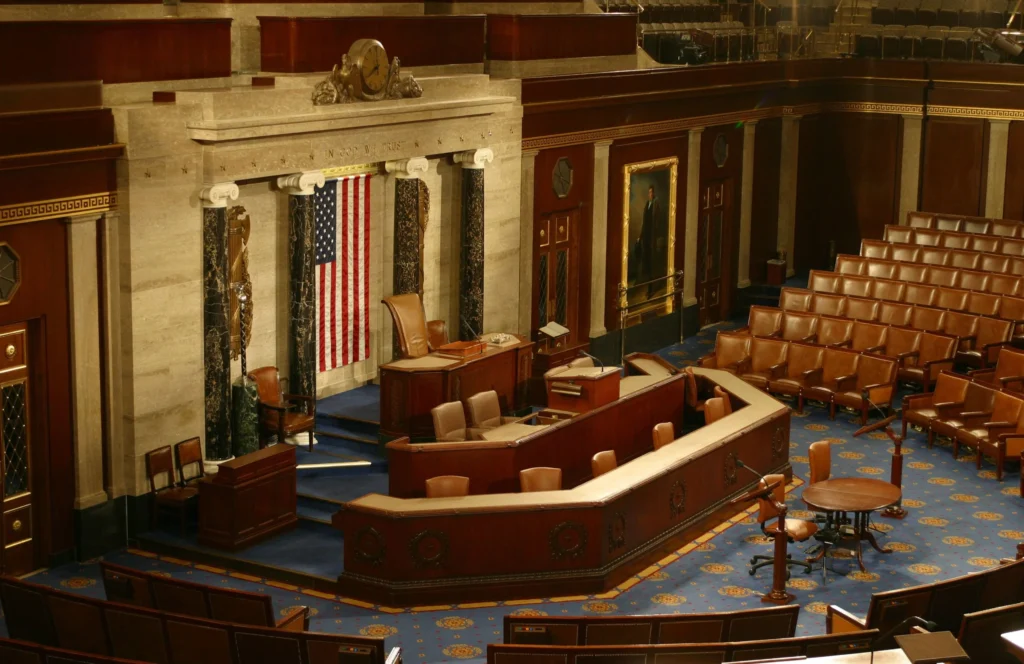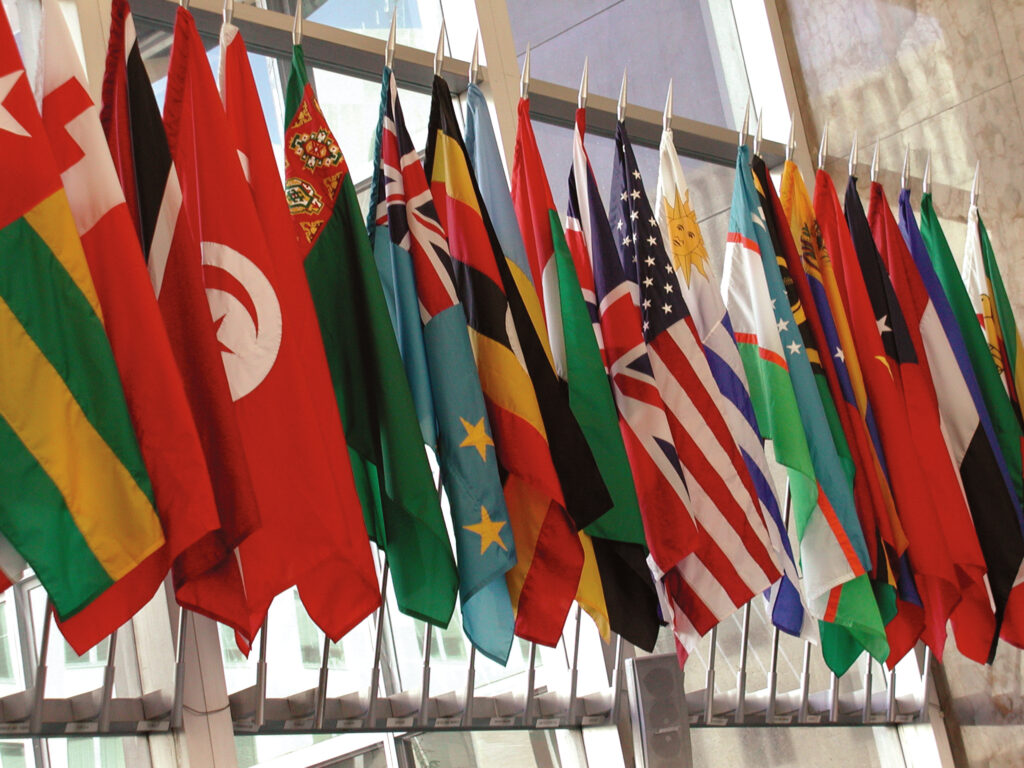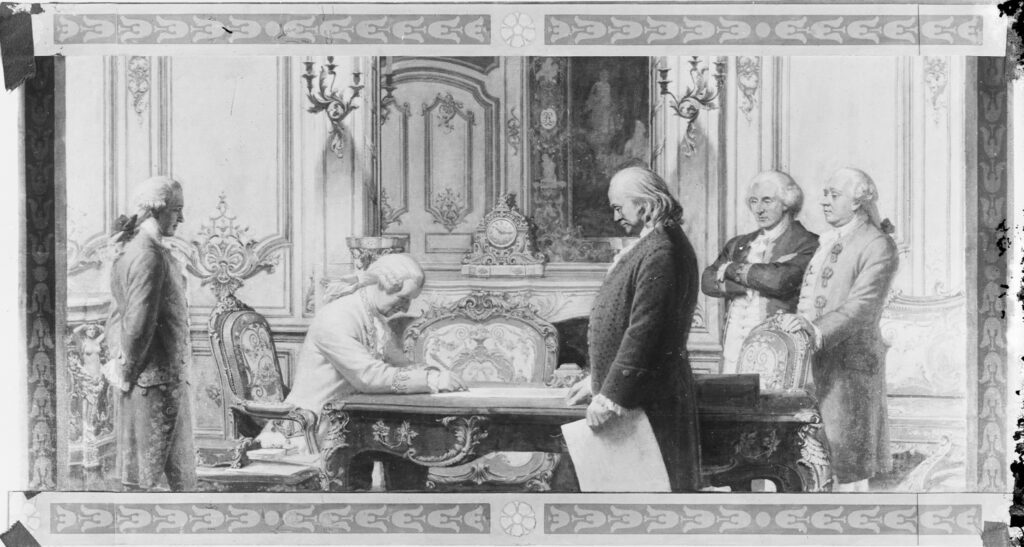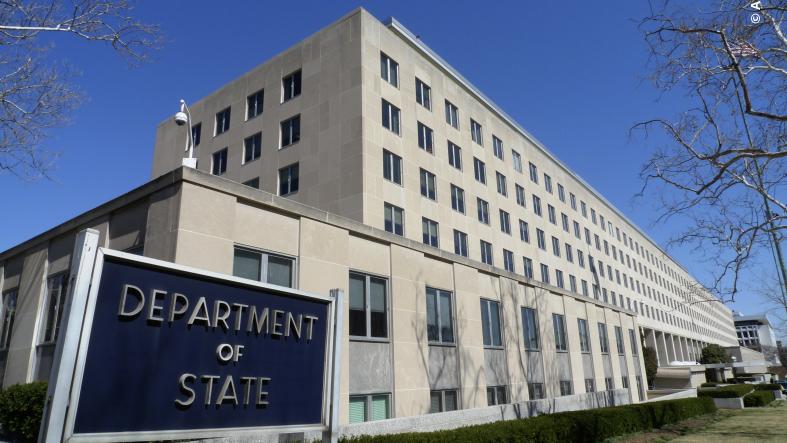U.S. Department of State: Advancing America’s
Introduction: The Role of the U.S. Department of State in American Foreign Policy
The U.S. Department of State serves as the nation’s principal agency for foreign policy, diplomacy, and international relations. Established in 1789, it is the oldest federal executive department, tasked with protecting and promoting U.S. security, prosperity, and democratic values globally Under the leadership of Secretary of State Marco Rubio, appointed by President Donald Trump in 2025, the Department has undergone significant reorganization to prioritize an America First foreign policy agenda This article delves into the Department’s mission, historical evolution, current priorities, and global impact, highlighting how it shapes America’s role in the world.

Historical Evolution: From Founding to Modern Era
The Department of State was created on July 27, 1789, as the first administrative arm of the U.S. executive branch. Initially named the Department of Foreign Affairs, it was soon renamed the Department of State and assigned a variety of domestic duties, including managing the United States Mint and conducting the censu Thomas Jefferson, the first Secretary of State, oversaw a small staff maintaining only two diplomatic posts in London and Paris and consular posts
Over the centuries, the Department’s role expanded significantly. By the 20th century, it shifted focus exclusively to foreign policy, shedding domestic responsibilities to other federal agencies. The Rogers Act of 1924 professionalized its personnel system by merging diplomatic and consular services into the Foreign Service. Today, the Department employs over 80,000 personnel, including Foreign Service officers, Civil Service employees, and locally engaged staff across more than 270 diplomatic missions worldwide
🎯 Mission and Core Functions: Advancing America’s Interests
The Department’s mission is “to protect and promote U.S. security, prosperity, and democratic values and shape an international environment in which all Americans can thrive”. Its core functions include:
- Diplomacy and Advocacy: Representing the U.S. internationally, negotiating treaties, and engaging in multilateral forums like the United Nations
- Consular Services: Issuing passports and visas, assisting Americans abroad, and providing foreign travel advisories
- Foreign Assistance: Administering aid programs through the U.S. Agency for International Development (USAID) to advance strategic interests
- Intelligence and Security: Conducting analysis through the Bureau of Intelligence and Research (INR) and protecting diplomatic personnel via the Diplomatic Security Service (DSS)
Despite its modest share (0.5%) of the federal budget, the Department has an outsized impact on Americans’ lives, from bolstering national security to fostering economic opportunities
🏛️ Organizational Structure and Leadership
The Department is led by the Secretary of State, who is appointed by the President and confirmed by the Senate. As the President’s chief foreign affairs adviser, the Secretary oversees the implementation of U.S. foreign policy The current Secretary, Marco Rubio, was confirmed unanimously by the Senate in January 2025 He is supported by a Deputy Secretary and a team of undersecretaries and assistant secretaries managing regional and functional bureaus
The Department’s structure includes:
- Regional Bureaus: Focus on specific geographic areas (East Asia, Europe).
- Functional Bureaus: Handle issues like economic affairs,security, and public diplomacy.
- Civil and Foreign Services: Implement policies domestically and abroad
Headquartered in the Harry S Truman Building in Washington, D.C., the Department maintains a global presence through embassies, consulates, and other diplomatic posts
⚙️ Recent Initiatives and America First Foreign Policy
Under Secretary Rubio, the Department has pursued a robust America First agenda, centered on six pillars
- Delivering an America First Foreign Policy: Reorganizing the Department to prioritize core national interests, terminating $80 billion in aid programs inconsistent with administration goals, and securing the release of detained Americans abroad.
- Ensuring Fair Economic Relationships: Advocating for U.S. companies, brokering trade-linked security pacts with Canada and Mexico, and securing critical mineral supply chains.
- Restoring U.S. Leadership: Promoting energy exports, expanding cybersecurity partnerships, and advancing civil nuclear energy diplomacy.
- Curbing Illegal Immigration and Fentanyl: Designating Mexican cartels as Foreign Terrorist Organizations, sanctioning transnational criminal groups, and reducing illegal immigration attempts by 95%.
- Combating Adversaries: Imposing sanctions on China for human rights abuses and stopping energy imports from Venezuela’s Maduro regime.
- Promoting Free Speech and Traditional Values: Eliminating programs perceived as censoring Americans and protecting women’s sports by restricting visas for biological males competing in female categories
These initiatives reflect a shift toward pragmatic diplomacy focused on answering three key questions: Does it make America safer, stronger, or more prosperous?

🌍 Global Presence and Diplomatic Missions
The Department operates one of the largest diplomatic networks globally, with 271 posts worldwide as of 2024, second only to China These missions facilitate:
- Bilateral Relations: Engaging with host countries to advance U.S. interests.
- Consular Services: Assisting Americans abroad and processing visa applications.
- Cultural Diplomacy: Programs like Art in Embassies promote cross-cultural dialogue
Recent highlights include the inauguration of the USA Pavilion at Expo 2025 Osaka, which showcased American innovation to over 60,000 visitors 5. The Department also maintains a strong digital presence through its website and social media channels, providing updates on policies and services
💡 Services for Americans: Passports, Visas, and Beyond
The Department offers critical services to U.S. citizens, including:
- Passport Renewal: Issued a record 2.78 million passports in March 2025, thanks to online renewal options
- Travel Advisories: Providing safety information for international travel.
- Notarial and Legal Services: Authenticating documents for use abroad
For foreigners, it processes visas for travel, study, and work in the U.S., ensuring compliance with immigration policies
🔮 Challenges and Future Directions
The Department faces evolving challenges, including:
- Great Power Competition: Countering China and Russia through diplomatic and economic measures.
- Global Threats: Addressing terrorism, cyberattacks, and pandemics.
- Domestic Criticism: Balancing efficiency with accountability in its policies
Future efforts will likely focus on streamlining operations, leveraging technology, and strengthening alliances to uphold U.S. leadership
✅ Conclusion: The Department’s Enduring Impact
The U.S. Department of State remains indispensable to advancing America’s interests globally. Through diplomacy, advocacy, and service, it ensures security and prosperity for all Americans. As Secretary Rubio stated, “Every dollar we spend, every program we fund, every policy we pursue must be justified by whether it makes America safer, stronger, or more prosperous” In an increasingly complex world, the Department’s role is more vital than ever.
📚 External Links and Resources
- Official Website of the U.S. Department of State
- U.S. Embassies and Diplomatic Missions
- USAID Official Site
- National Museum of American Diplomacy
- Travel Advisories and Passport Services

💎 References
- U.S. Department of State. (2025). About the U.S. Department of State. Retrieved from https://www.state.gov/about
- U.S. Department of State. (2025). 100 Days of an America First State Department. Retrieved from https://www.state.gov/releases/2025/04/100-days-of-an-america-first-state-department
- Wikipedia. (2025). United States Department of State. Retrieved from https://en.wikipedia.org/wiki/United_States_Department_of_State
- USA.gov. (2025). U.S. Department of State (DOS). Retrieved from https://www.usa.gov/agencies/u-s-department-of-state
- External Links and Resources
- Official Website of the U.S. Department of State
- https://sjxsm.shop/found-digital-marketing-agency-london/
- U.S. Embassies and Diplomatic Missions
- Travel Advisories and Passport Services
- U.S. Department of State on Foreign Policy
- National Museum of American Diplomacy
- Congressional Research Service Reports on Foreign Policy

